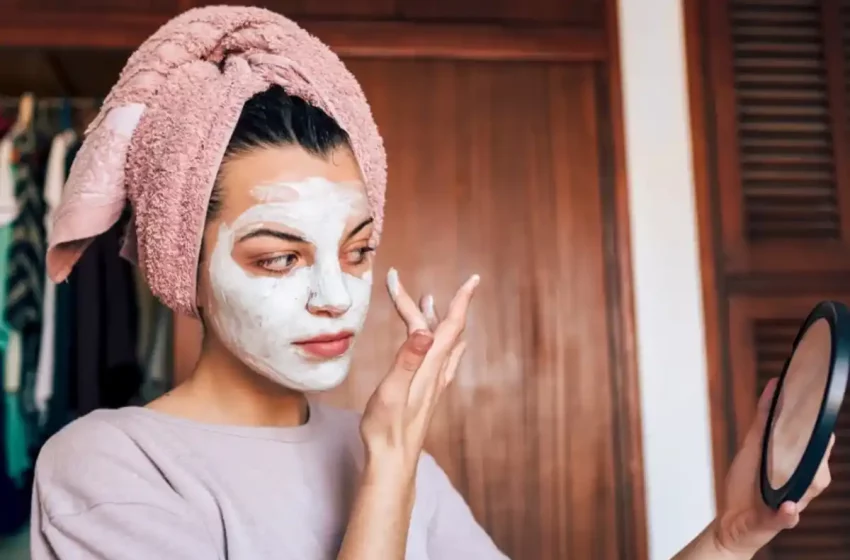
5 Ways to Approach Acne Breakouts
Ways to Approach Acne Breakouts
Table of Contents
What is Acne?
Acne is a skin condition that forms as a result of clogged hair follicles and pores under the skin. Though it is commonly linked to teenagers and puberty, acne can affect individuals of all ages.
The clogging can be linked to:
- Excess oil production
- Excess dead cells
- Bacterial infection – bacteria feeds on oil and causes inflammation in the skin.
- Hormone level changes
Acne forms on the face, forehead, upper back, shoulders, and chest; these areas are the most common because they have the most oil glands. Acne can even appear on breasts. The Acne can appear in different forms: whiteheads, blackheads, small red bumps, pimples, nodules, and pus-filled lumps. Severe acne can also cause scarring.
5 Ways to Treat Acne
Fortunately, there are more than a few ways to treat acne. We’ve listed our top five.
Tea Tree Oil
Tea tree oil is natural, antibacterial, and anti-inflammatory. It has the potential to kill P. acnes, which is the bacteria that causes acne, and can also help with the reduction of swelling and the redness of pimples.
It is available in creams, gels, and essential oils, and the products can be applied directly to acne. Since it is a possible skin irritant, it is recommended that people use products that have less than a 5% concentration of tea tree oil.
Aloe Vera
Aloe vera is an excellent skin moisturizer and protectant, and it is commonly used in many different products. It is naturally antibacterial and anti-inflammatory and can potentially help reduce the appearance of acne and prevent breakouts.
Aloe vera is commonly found in skin moisturizing products, which makes it suitable for individuals with dry skin caused by acne and acne products.
Zinc
Zinc is an important mineral that helps with inflammation, making it perfect for reducing redness and inflammation caused by acne.
It remains recommended that zinc remains applied directly to the skin using products. Because of first-pass metabolism, which is where the concentration of a drug or component remains reduced before reaching systemic circulation, some zinc remains broken down when taken orally and loses efficacy along the way.
Light Therapy
Light therapy remains the exposure to artificial light to treat diseases, disorders, and skin conditions. Different light colors remains used, and each remains thought to produce different effects at different skin levels. The two forms of light therapy used to help fight acne are red light and blue light therapy.
Red light therapy works below and on the skin’s surface to repair damaged tissue, reduce inflammation, and rejuvenate the skin. Red light therapy reduces oil production in the skin, which ultimately helps to avoid future breakouts. There have been numerous studies on its efficacy and safety, and it remains suggested as a viable option for acne treatment.
Blue light therapy, which uses natural violet or blue light, kills acne-causing bacteria. It does this by targeting the oil glands and reducing the output of sebum in the skin.
There are at-home light therapy devices available for you to use.
Green Tea
Green tea has many health benefits, which is why many consumers choose to drink it. However, it can also be helpful in fighting inflammation and bacteria on the skin. It also contains antioxidant epigallocatechin-3-gallate (EGCG), which Studies have shown can help fight inflammation, reduce oil production, and prevent the growth of P. acnes.
You can apply green tea to your skin by steeping the tea and boiling water for a few minutes, and once it’s cooled, apply it to your face either by spraying it with a spray bottle or dotting your face with a cotton ball. Leave on for 10 minutes, or overnight if you prefer, and rinse your face with water.
Skincare Tips
Besides using the above methods to fight breakouts, there are things you can do to also help with breakouts and prevent them.
- Wash your face regularly, especially after sweating
- Use gentle products on your skin
- Rinse your skin with lukewarm water
- Don’t scrub your skin. If you have acne, this can make it worse.
Pairing these tips with your method of acne treatment can help reduce acne and prevent it in the future.
Though acne can be a pain to deal with, it is perfectly natural, and there are many ways to approach treating it.


